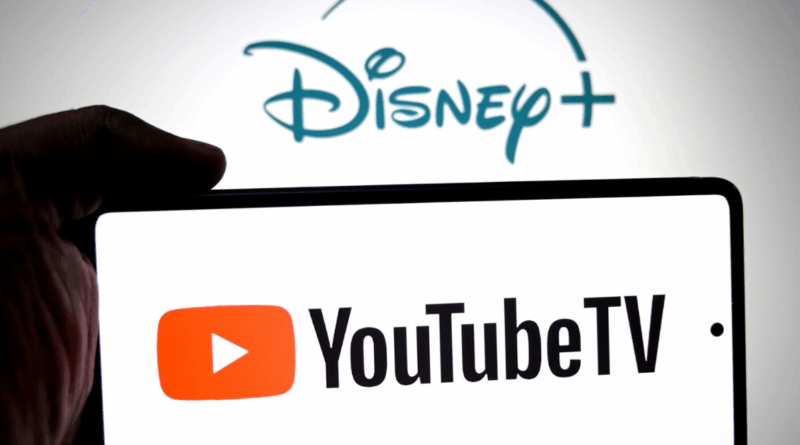Disney Losing $30 Million a Week During YouTube TV Blackout
Disney is reportedly bleeding $30 million every week due to an ongoing blackout on YouTube TV, according to an analysis from Morgan Stanley. The dispute, which began on October 30, has left over 10 million subscribers without access to major Disney-owned channels such as ESPN and ABC.
The blackout hit just as sports fans were tuning in for NFL, NBA, and college football games, cutting off popular shows like SportsCenter with Scott Van Pelt, Grey’s Anatomy, and 9-1-1: Nashville. The timing couldn’t have been worse for Disney, which relies heavily on its sports programming revenue during the fall.
Morgan Stanley analyst Ben Swinburne revised Disney’s quarterly net income downward by $25 million, dropping it from $1.55 billion to $1.52 billion. The firm projects the total revenue loss from the YouTube TV standoff could climb as high as $60 million if the blackout drags on.
Google, which owns YouTube TV, is also feeling pressure. In an effort to retain customers, the company is offering a $20 credit to affected subscribers, though it’s unclear how many have accepted. The streaming service is also losing out on ad revenue tied to Disney’s premium content and is likely facing a wave of cancellations.
At the heart of the fight is money. Disney says Google refuses to pay “fair rates” for its content. In a sharp statement, the company accused YouTube TV of undervaluing its programming despite having “a $3 trillion market cap.”
“Unfortunately, Google’s YouTube TV has chosen to deny their subscribers the content they value most by refusing to pay fair rates for our channels, including ESPN and ABC,” Disney said. “With no agreement in place, their subscribers will not have access to our programming, which includes the best lineup in live sports—anchored by the NFL, NBA, and college football, with 13 of the top 25 college teams playing this weekend.”
Disney also took aim at Google’s dominance in the tech world, accusing the company of using its massive reach to undercut industry norms and “eliminate competition.”
Google has pushed back, suggesting that agreeing to Disney’s rate demands would force a price hike for all subscribers—a risk the company claims it’s not willing to take.
The impasse is shaping up to be one of the most significant carriage disputes in recent memory, as two of the most powerful companies in media and tech square off. And with millions of frustrated subscribers stuck in the middle, both sides are under growing pressure to make a deal.

